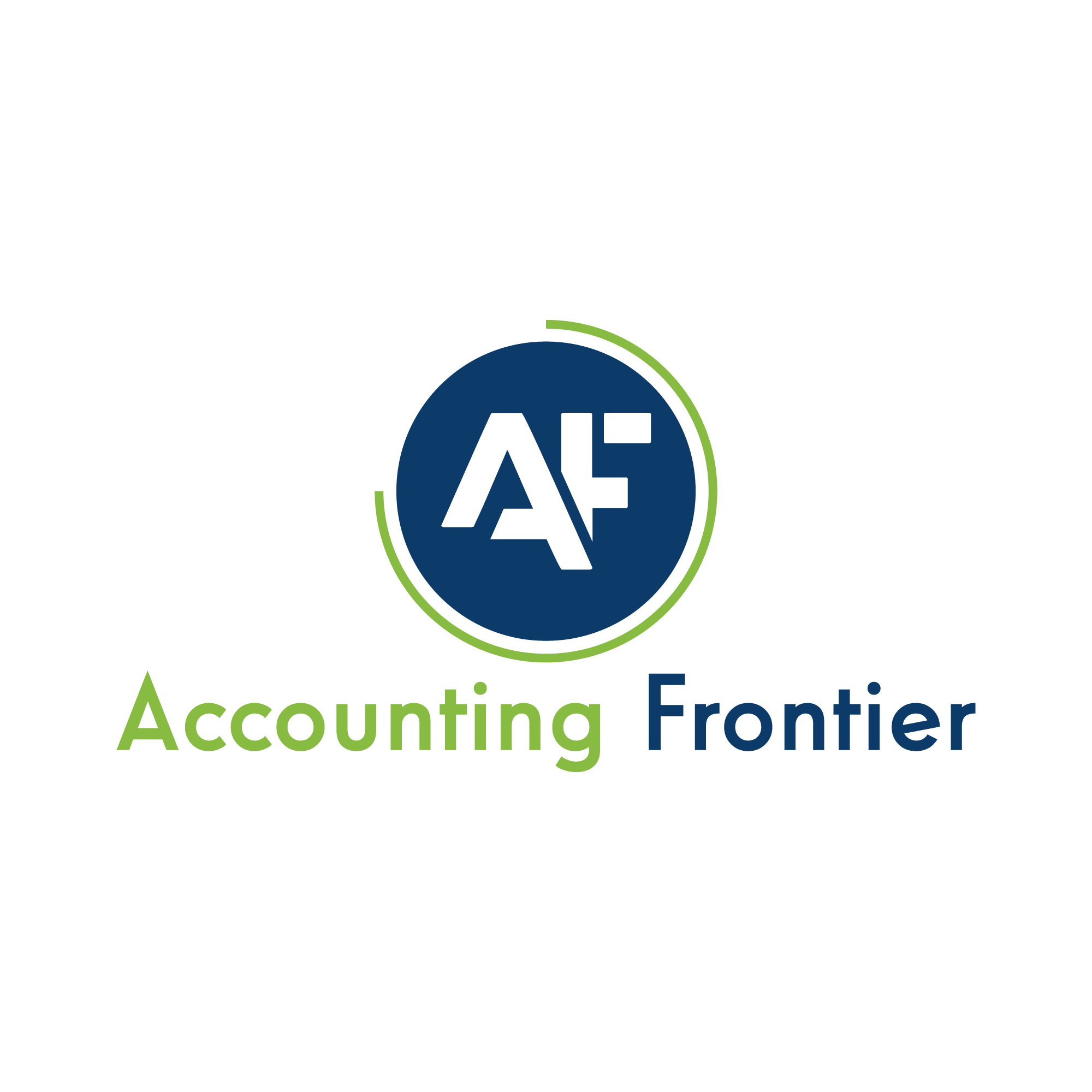Centralize Oversight, Decentralize Data Entry
Bookkeeping automation facilitates a structure in which financial management, controls, ...
Bill Payment Platforms
Most people are familiar with the online bill pay feature included with their bank, but ...
Credit Card Management Systems
Now that you have a company credit card, it’s time to implement a system to oversee it. ...
Xero or Quickbooks?
So you’ve made the decision to move from a desktop accounting application to the cloud. ...
Why Cloud Accounting
The future of accounting is in the cloud and the future is here. Before we dive into this ...
